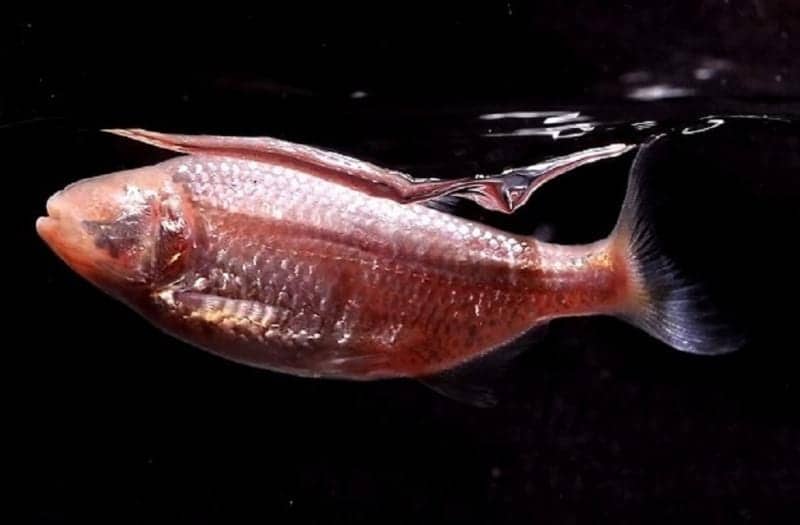Scientists at Florida Atlantic University are studying blind cavefish in order to understand the evolution of sleep, reports R&D Magazine.
The new study suggests that an inability to block out the environment can interfere with sleep. It also provides a model for understanding how the brain’s sensory systems modulate sleep and gives scientists a better understanding into the evolution of the significant differences in sleep duration observed throughout the animal kingdom.
“Animals have dramatic differences in sleep with some sleeping as much as 20 hours and others as little as two hours and no one knows why these dramatic differences in sleep exist,” Alex Keene, Ph.D., a corresponding author of the study and associate professor in the Department of Biological Sciences in FAU’s Charles E. Schmidt College of Science, said in a statement. “Our study suggests that differences in sensory systems may contribute to this sleep variability.
“It is possible that evolution drives sensory changes and changes in sleep are a secondary consequence or that evolution selects for changes in sensory processing in order to change sleep,” he added.
Get the whole story at www.rdmag.com



